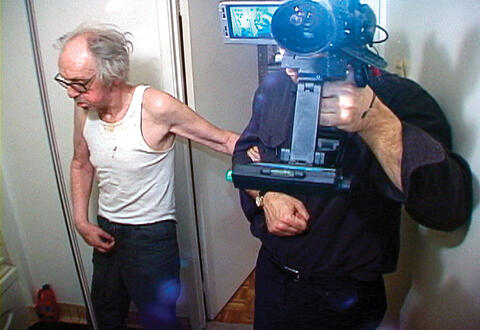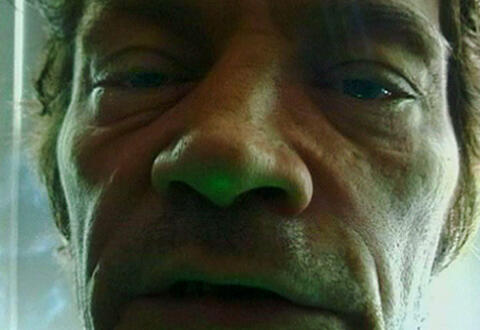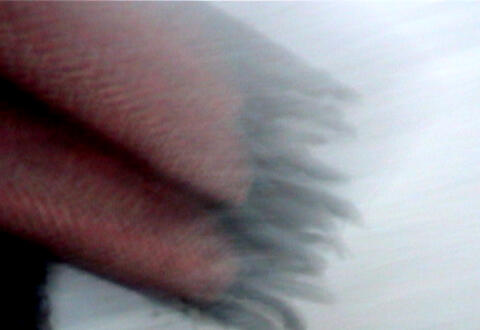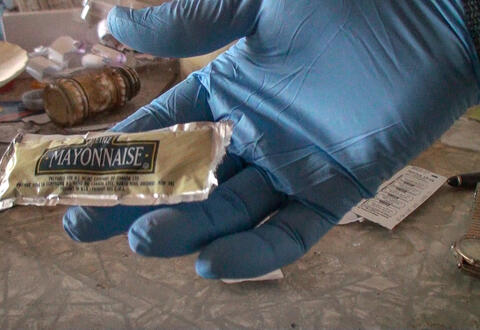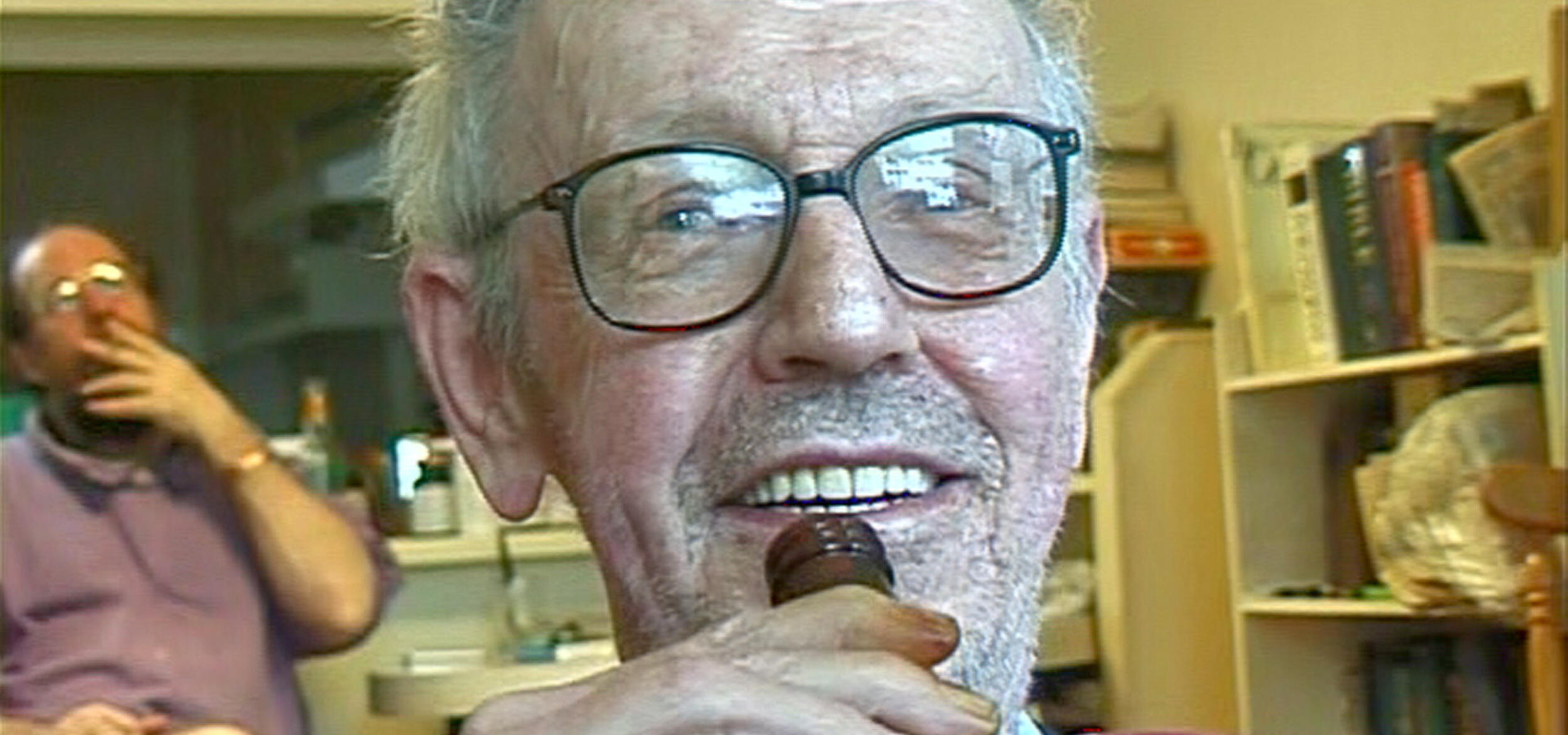
Donigan Cumming: The Unrelenting Eye
This program highlights some of the ways in which Donigan Cumming undermines the documentary form from within.
Director of Vidéographe since 2015, Julie Tremble is also a video and animation artist.
List of works in program
The Unrelenting Eye
By Julie Tremble
Presented by Vidéographe and Dazibao as part of their dv_vd events, this program accompanies the launching of Body-to-Body: The Works of Donigan Cumming, a new series of digital publications and video compilations edited by Vidéographe.
This program highlights some of the ways in which Donigan Cumming undermines the documentary as a form from within the form itself: the radicality situations he films, a blatant use of staging, on-screen direction given to the actors, self-filming, and explicit references to filmmaking processes.
In My Dinner with Weegee, Marty, a man in his mid-seventies, talks about his life in New York as a young Catholic pacifist and trade unionist, reminiscing about his encounters with various artists and activists. In light of the old man’s stories, Cumming looks back on his own radicalism. The documentary is made up of startling scenes in which the artist crudely depicts Marty’s different sides – one moment a brilliant speaker and the next an idle alcoholic. Here, the artist treats time nonlinearly so that these states transpire t almost simultaneously. As we abruptly shift from the intellectual to the ailing man and back again,the stark contrast between Marty’s two sides is emphasized by means of proximities within the editing. Marty seems to be condemned to this unending and fatal loop.
Cumming likewise defies filmmaking conventions through the use of repetition and by detaching sound from image in Wrap, which features the protagonist, Gordie, recounting an assault. Two sound recordings play one after the other. In the first, which is synced with the image, the protagonist convincingly simulates stuttering. This serves as an audio representation of the technical problems of the second recording, a degraded digital file taken from the video Voice: Off, also featuring Gordie.
In Shelter, the artist exposes the power relations at play between the observer and the observed in conventional documentary representations of the disadvantaged. In this work, we witness a mysterious meeting between Cumming and an injured man taking refuge in a bus shelter. The artist asks about the man’s condition but quickly loses interest in the story he tells. Over the course of this 3 minute video, Cumming’s discourse shifts from empathy to mockery and nonsense. Having recorded the necessary sound for his work, he leaves the scene without looking back.
The program concludes with Cumming’s most recent work, The Seven Wonders of the World, which was created using a compilation of observations, encounters and stolen moments. In an expressive use of editing, the artist combines live action footage, drawing and animation, and uses superimposition and slow motion. This documentary collage acts as an absurd yet passionate protest against illness and death.
Text and program in collaboration with Donigan Cumming and Marion Lévesque-Albert.
***
This program accompanies the launching of Body-to-Body: The Works of Donigan Cumming, a new series of digital publications and video compilations edited by Vidéographe.
Comprising all 26 videos made by Donigan Cumming to date, as well as images of his installations, photographs, drawings and collages, this publication takes an interdisciplinary approach in order to highlight the common threads that unite the artist’s different bodies of work. It also comprises essays by Zoë Tousignant and Fabrice Montal, which examine Cumming’s work in the context of art and film history, an audio interview with the artist by Jean Perret, and a number of sound works.
The texts and documents selected evidence Cumming’s creative fervour and his constant desire to destabilize and to relentlessly draw on the margins of society and of what is watchable, as well as on his own works.
The production of this publication was made possible thanks to the support of the Conseil des arts et des lettres du Québec.
Photo: Donigan Cumming, My Dinner with Weegee, 2001
Translation: Sarah Knight






